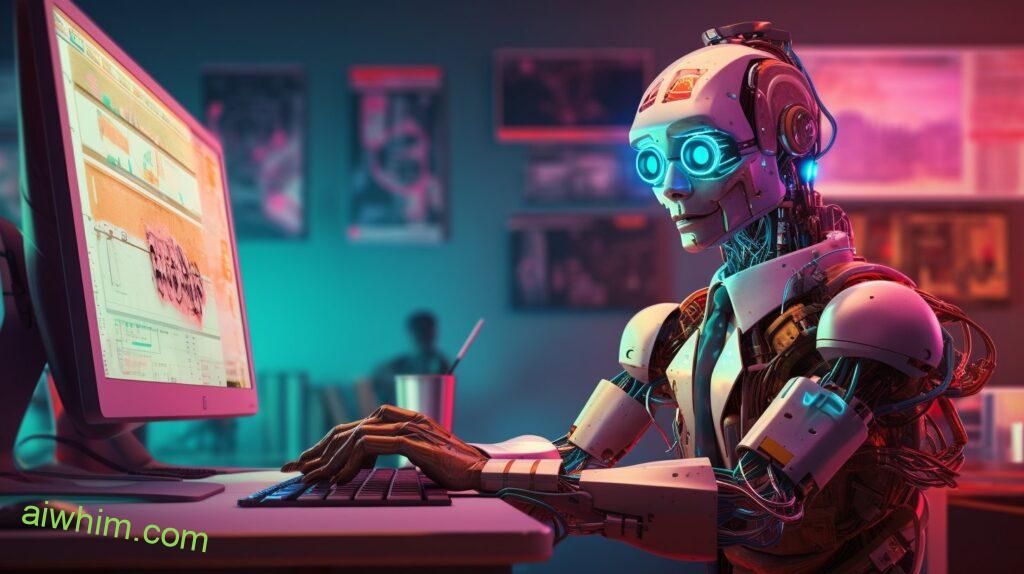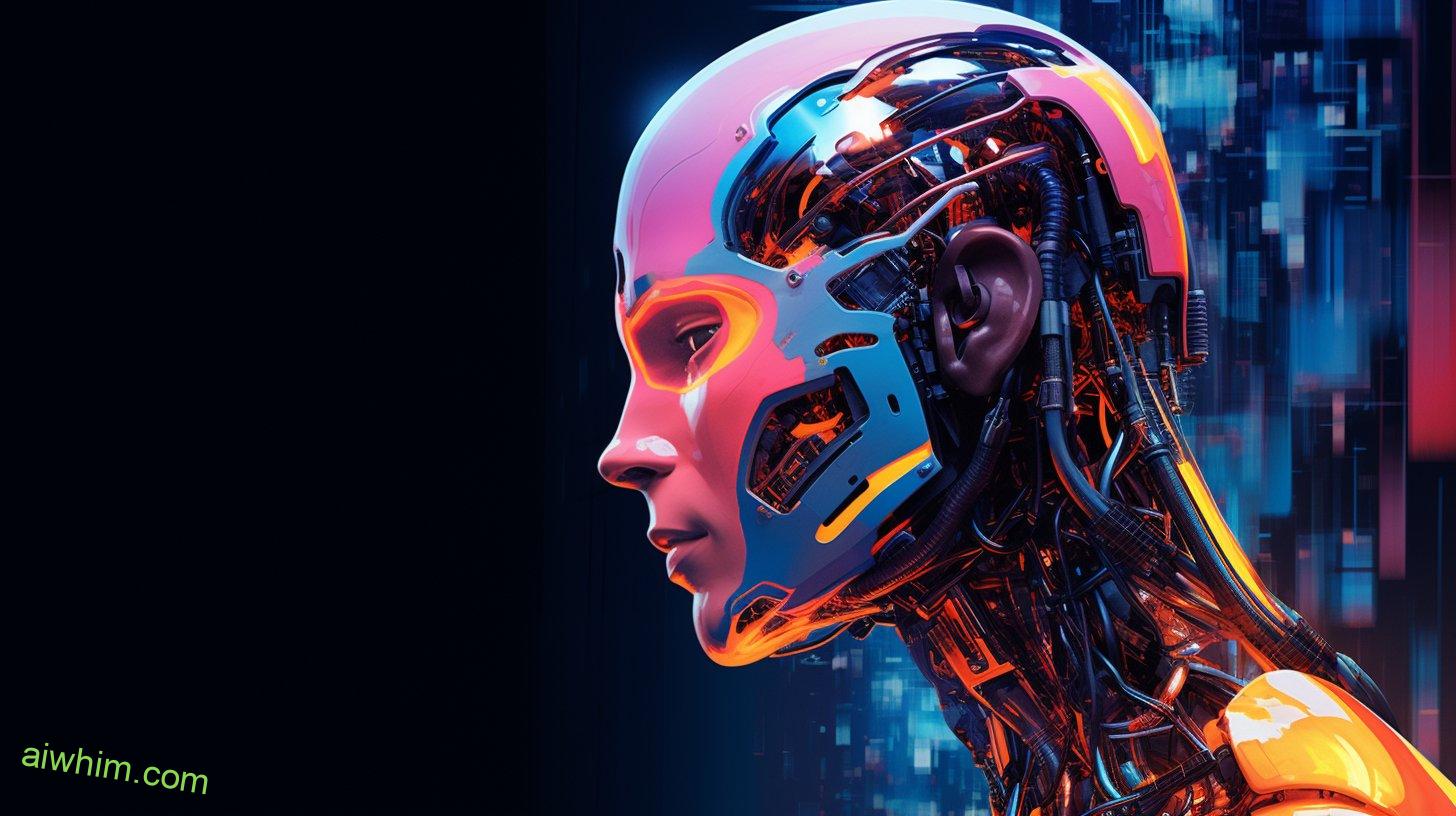Are you ready to face the looming threat?
AI, with its unrelenting advancements, has cast a shadow of doubt upon the sonographer profession. Will your expertise be replaced by cold, calculating machines?
In this article, we delve into the rise of AI in the medical field and explore the potential implications for sonographers. Brace yourself for the debate on whether the human touch can be surpassed by artificial intelligence.
It’s time to confront the future head-on and discover where your place lies in this evolving landscape.
Key Takeaways
- AI in healthcare can enhance diagnostic accuracy and improve treatment plans.
- Sonographers possess a deep understanding of anatomy, pathology, and physiology.
- AI-powered ultrasound technology provides more accurate and efficient diagnoses.
- AI technology is meant to complement, rather than replace, the expertise of sonographers.
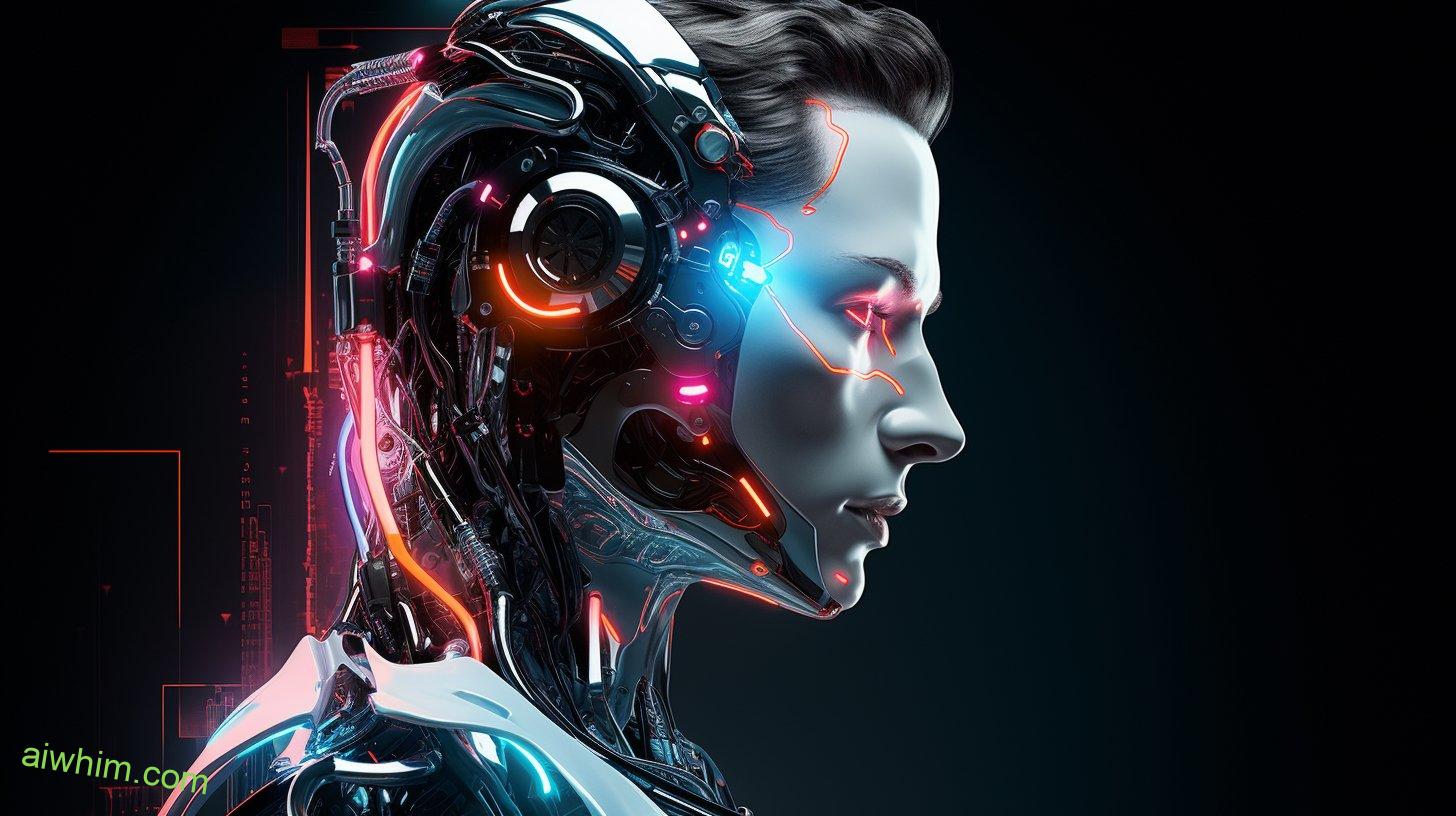
The Rise of AI in the Medical Field
You may be wondering if the sonographer profession is at risk due to the rise of AI in the medical field. It’s natural to have concerns about the impact of AI on patient care and the future of healthcare professions. However, it’s important to understand that while AI is advancing rapidly, it isn’t a replacement for human expertise and compassion.
AI in healthcare has the potential to revolutionize patient care by enhancing diagnostic accuracy, improving treatment plans, and streamlining administrative tasks. With the help of AI technologies, doctors and sonographers can analyze large amounts of medical data more efficiently, leading to faster and more accurate diagnoses. This can ultimately improve patient outcomes and reduce healthcare costs.
But what about the role of sonographers? Will AI take over their jobs? The answer is no. AI may assist sonographers in their work, but it can’t replace their unique skills and abilities. Sonographers play a crucial role in capturing high-quality images, interpreting them, and providing valuable insights to doctors. They also provide emotional support to patients during procedures, which is something AI can’t replicate.
While AI can automate certain tasks like image analysis and data management, it can’t replace the human touch and intuition that sonographers bring to their work. Sonographers possess a deep understanding of anatomy, physiology, and pathology, which allows them to identify subtle abnormalities that AI may miss.

Understanding the Role of Sonographers
As a sonographer, you play a vital role in the field of medical imaging. Your expertise and skills are crucial in providing accurate and detailed images that aid in diagnosing and treating patients. Sonographers use ultrasound technology to capture images of internal organs, blood vessels, and tissues, allowing doctors to make informed decisions about patient care.
The role of sonographers can’t be understated. Your expertise goes beyond just operating the ultrasound machine. You’re responsible for positioning patients, adjusting the equipment to obtain the best image quality, and interpreting the images to identify any abnormalities or potential issues. Your knowledge and experience play a significant role in ensuring accurate diagnoses and appropriate treatment plans.
The importance of sonographer expertise can’t be replaced by artificial intelligence (AI) alone. While AI has made advancements in medical imaging, it still requires human intervention and interpretation. Sonographers possess a deep understanding of anatomy, pathology, and physiology that AI algorithms can’t replicate. You’ve the ability to detect nuances and subtle changes in the images that AI may miss, providing valuable insights to healthcare providers.
In addition to your technical skills, your role as a sonographer also involves patient care. You interact directly with patients, providing reassurance and support during procedures. Your ability to communicate effectively and empathetically is essential in creating a positive patient experience.
As a sonographer, you’re an integral part of the healthcare team. Your expertise and unique skills contribute to the accurate diagnosis and treatment of patients. While technology continues to advance, the role of sonographers remains indispensable in the field of medical imaging. Your dedication and expertise ensure that patients receive the highest quality of care possible.
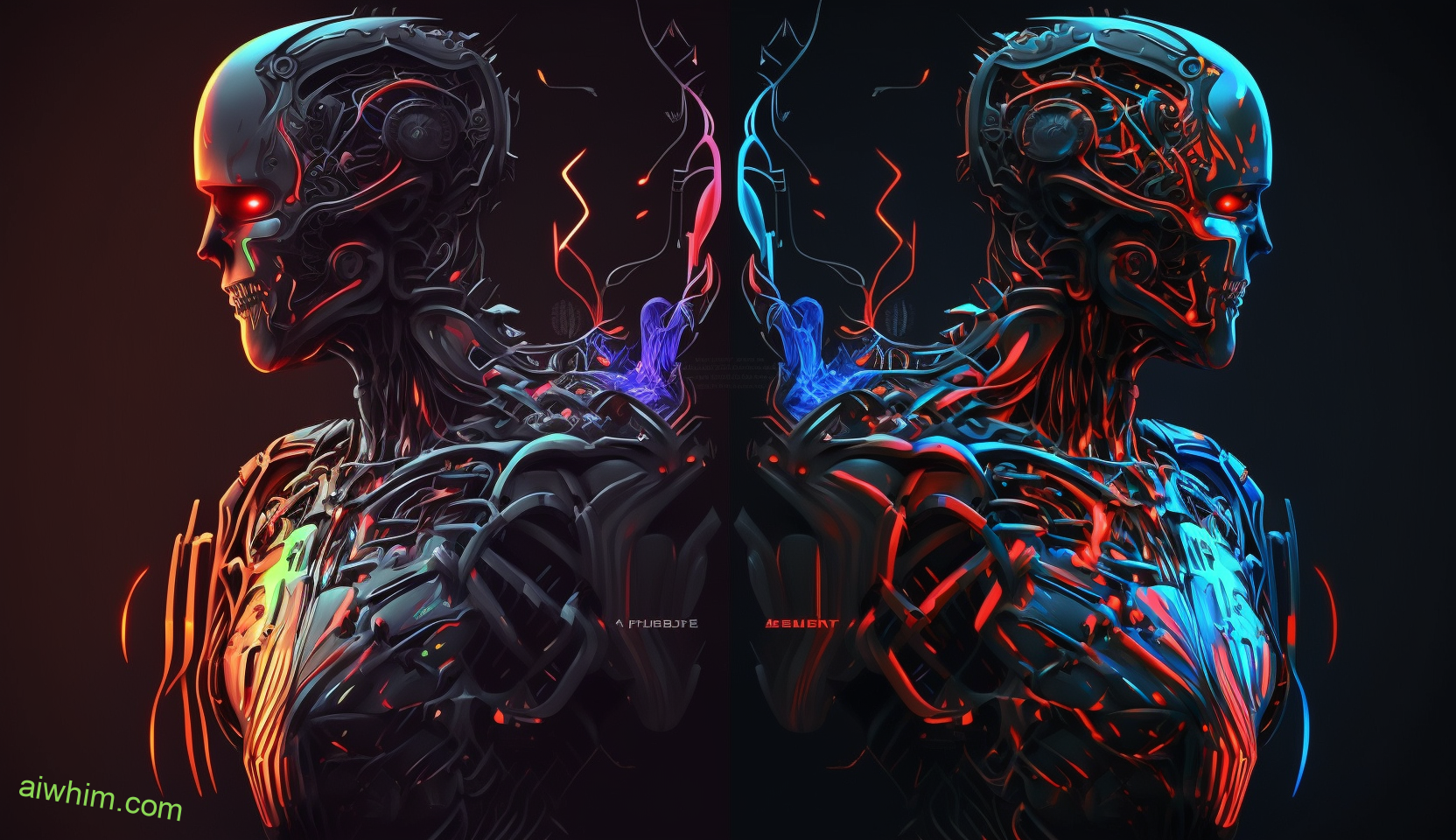
Advancements in AI-Powered Ultrasound Technology
Advancements in AI-powered ultrasound technology have revolutionized medical imaging, providing more accurate and efficient diagnoses for patients. These advancements have brought about a new era in healthcare, offering incredible benefits to both doctors and patients alike.
With AI technology integrated into ultrasound machines, medical professionals can now obtain precise and detailed images in real-time, allowing for faster and more accurate diagnoses.
The use of AI in ultrasound imaging has greatly improved the quality of medical care. AI algorithms can analyze ultrasound images and detect abnormalities with a high level of accuracy, assisting doctors in making informed decisions. This technology has the potential to detect diseases at an early stage, leading to more successful treatment outcomes. Additionally, AI-powered ultrasound machines can automate repetitive tasks, saving time for healthcare professionals and allowing them to focus on other critical aspects of patient care.
However, it’s important to note that there are limitations to AI-powered ultrasound technology. While AI can assist in detecting abnormalities, it can’t replace the expertise and critical thinking of a skilled sonographer. The human touch, intuition, and ability to adapt to unique patient situations are invaluable in the field of medical imaging. Sonographers play a crucial role in identifying and interpreting ultrasound images, providing additional context and insights that AI may not be able to capture.

Can AI Replace the Expertise of Sonographers
The expertise and critical thinking skills of skilled healthcare professionals are invaluable in the field of medical imaging, as they provide additional context and insights that AI may not be able to capture. While AI-powered ultrasound technology has the potential to greatly enhance the efficiency and accuracy of diagnostic imaging, it’s unlikely to completely replace the expertise of sonographers. Your job security as a sonographer is still strong.
AI in medical imaging can analyze large amounts of data quickly and accurately, helping to detect abnormalities and aid in diagnosis. However, it can’t replace the human touch and judgment that sonographers bring to their work. As a sonographer, you’ve the ability to interact with patients, understand their unique medical history, and adjust imaging techniques accordingly. This level of personalized care and attention is something that AI can’t replicate.
Furthermore, sonographers possess the ability to adapt to various clinical situations and make real-time decisions based on their knowledge and experience. They can identify subtle nuances and anomalies that AI may overlook. Additionally, they play a crucial role in patient communication and care coordination, providing emotional support and reassurance during the imaging process. This human connection is essential in delivering comprehensive and compassionate healthcare.
While AI technology continues to advance, it’s important to recognize that it’s meant to complement, rather than replace, the expertise of sonographers. Your role as a skilled healthcare professional is secure, as your unique skills and critical thinking can’t be replicated by AI. Embrace the potential impact of AI in medical imaging, but rest assured in the knowledge that your job security remains strong.
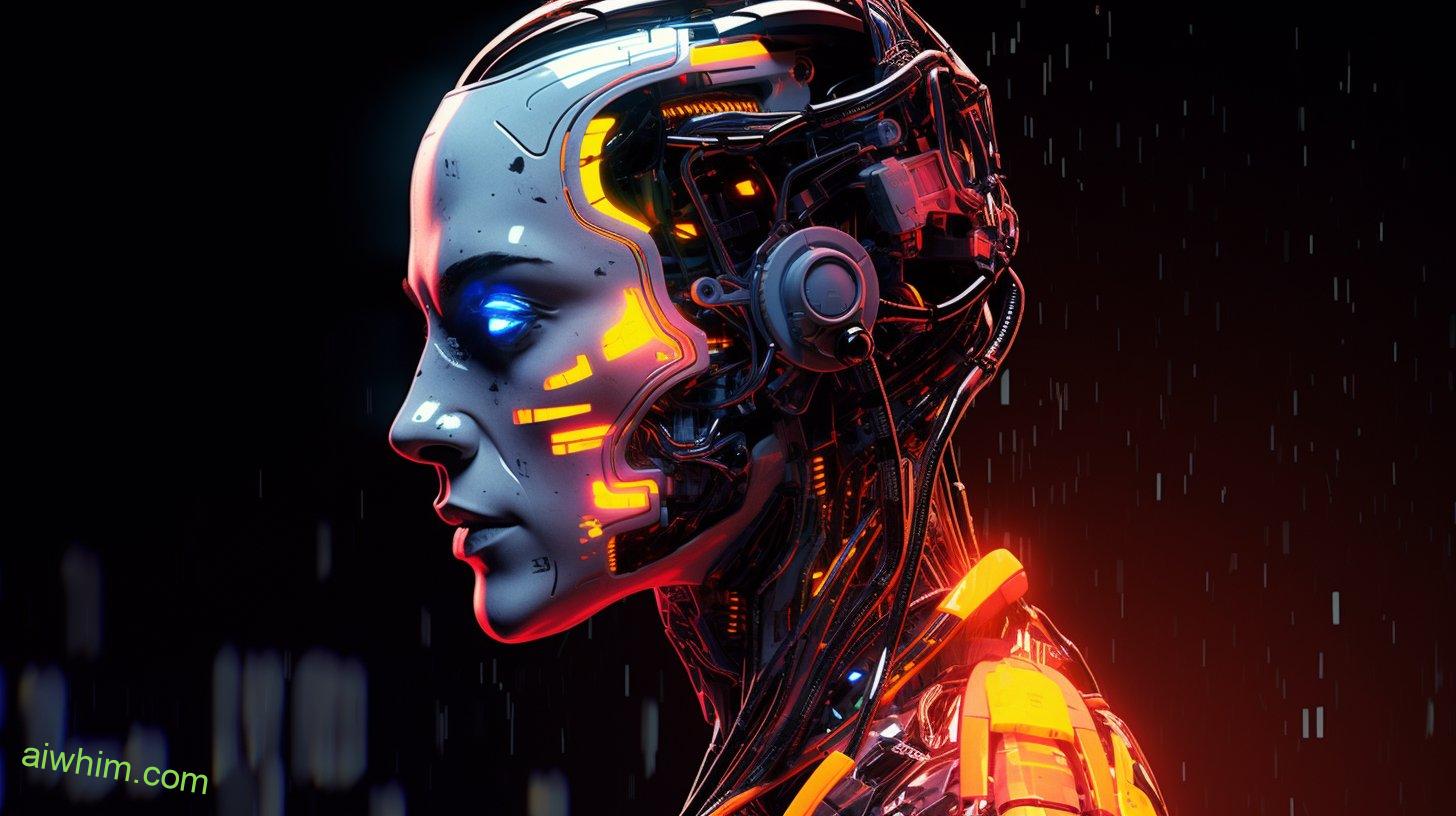
The Benefits and Limitations of AI in Diagnostic Imaging
In diagnostic imaging, AI technology can provide valuable insights and assist in detecting anomalies, but it also has limitations that require the expertise and critical thinking skills of skilled healthcare professionals like yourself.
AI offers several benefits in the field of diagnostic imaging. Firstly, it can analyze large amounts of data quickly and accurately, helping to improve the efficiency of the diagnostic process. This allows healthcare professionals to focus more on patient care and treatment planning. AI can also assist in the early detection of diseases and conditions, leading to earlier intervention and better patient outcomes. Additionally, AI can help reduce human error by providing a second set of eyes and flagging potential abnormalities that might’ve been missed.
However, AI in diagnostic imaging has its limitations. While it can analyze data efficiently, it lacks the ability to interpret images in the same way a human expert can. AI algorithms are trained on vast amounts of data, but they may not be able to account for all possible variations and nuances in image interpretation. This is where the expertise and critical thinking skills of healthcare professionals like yourself come into play. Your ability to analyze images, consider clinical context, and make informed decisions based on your knowledge and experience is invaluable. Furthermore, AI technology isn’t foolproof and can produce false positives or false negatives, which could lead to unnecessary tests or missed diagnoses.
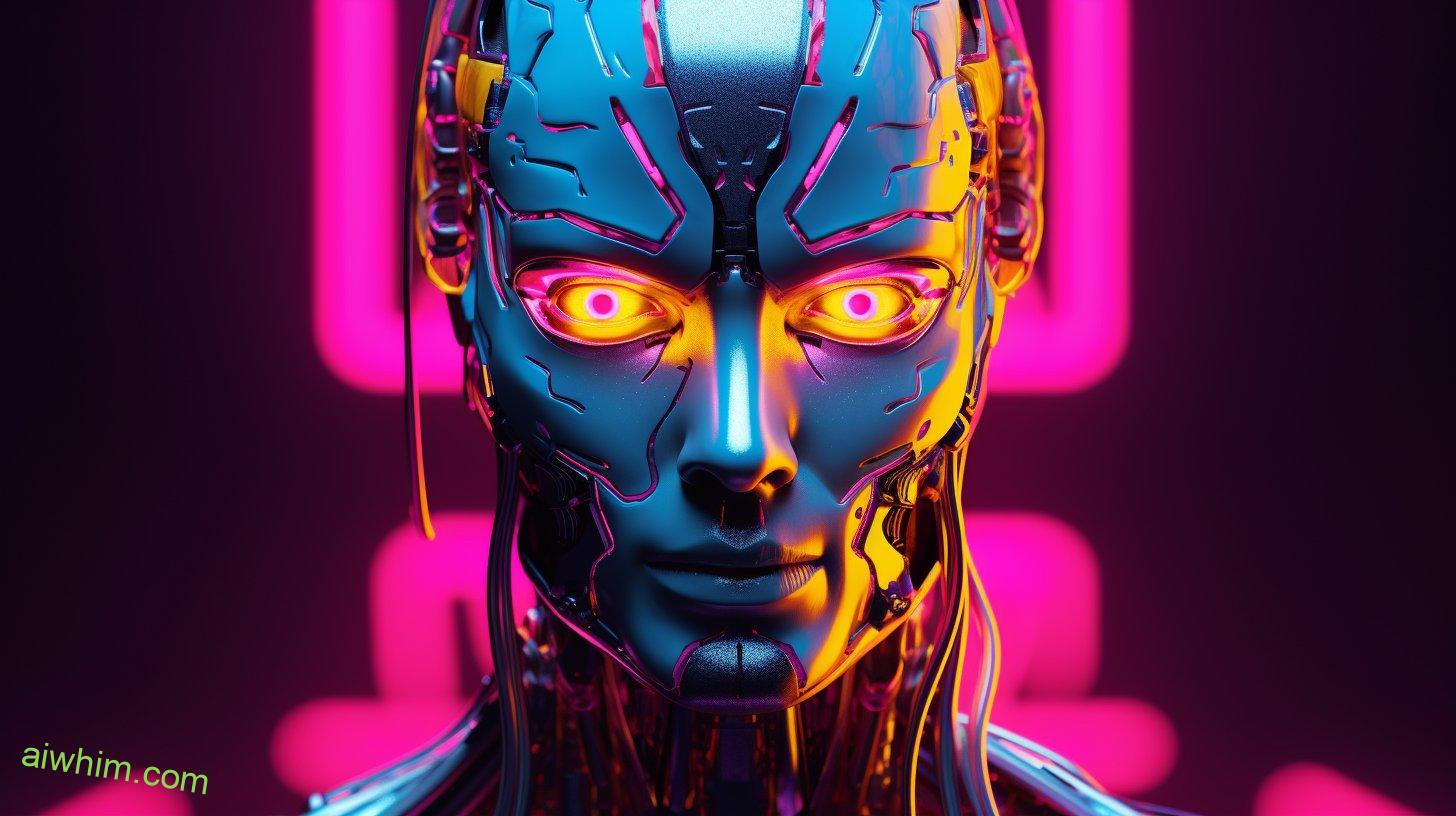
The Future of Sonography: Collaboration or Competition With AI
As a skilled healthcare professional, your collaboration with AI in the future of sonography will enhance diagnostic accuracy and improve patient outcomes. The impact of AI on patient care is undeniable. While some may worry about the future job prospects of sonographers, the truth is that AI won’t replace you, but rather augment your skills and abilities.
AI technology has the potential to revolutionize the field of sonography. By analyzing vast amounts of medical data, AI algorithms can quickly and accurately detect abnormalities that may go unnoticed by the human eye. This can lead to earlier detection and treatment of conditions, ultimately improving patient outcomes.
Imagine a future where you work hand in hand with AI-powered tools. As a sonographer, you’ll still be responsible for patient interaction, positioning, and operating the ultrasound equipment. However, AI will assist you by providing real-time feedback, highlighting areas of concern, and suggesting additional scans or views that may be beneficial.
This collaboration with AI won’t only enhance your diagnostic abilities but also increase efficiency. With AI handling the initial analysis, you’ll have more time to focus on patient care and follow up with more complex cases. This can lead to faster turnaround times, reduced wait times for patients, and ultimately, improved overall patient satisfaction.
While it’s natural to have concerns about the impact of AI on the future job prospects of sonographers, rest assured that your skills and expertise will always be in demand. AI won’t replace you but rather work alongside you, enhancing your abilities and improving patient care.
Embrace the future of sonography, where collaboration with AI will lead to better diagnostic accuracy and improved patient outcomes.
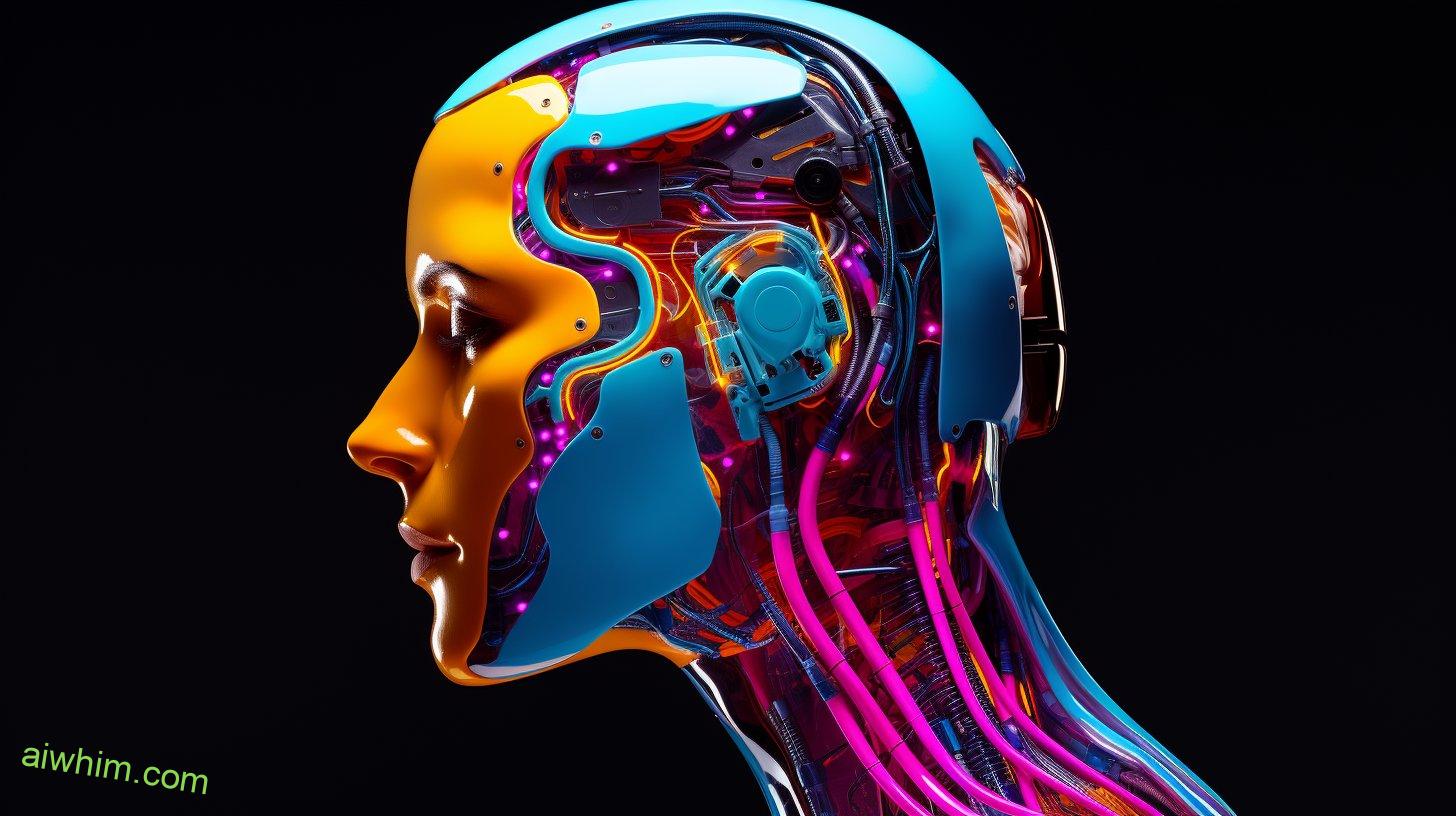
Addressing Concerns: Will Sonographers Become Obsolete
You might be wondering about the future of sonography and whether your job as a sonographer is at risk of becoming obsolete. It’s a valid concern, given the advancements in automation and artificial intelligence (AI) in recent years. However, it’s important to understand that while AI may impact certain aspects of the sonographer profession, it doesn’t necessarily mean that sonographers will become obsolete.
Automation has undoubtedly made its way into the medical field, including the field of sonography. AI algorithms can now analyze medical images and assist in the diagnosis process. This technology has the potential to improve efficiency and accuracy in certain areas of sonography. However, it’s crucial to remember that AI isn’t a substitute for the skills and expertise of a trained sonographer.
Sonographer job security is still strong because there are certain aspects of the profession that require human touch and critical thinking. A sonographer’s ability to interact with patients, adapt to different situations, and make real-time decisions based on their expertise is irreplaceable. Moreover, the field of sonography is constantly evolving, with new technologies and techniques being developed. Sonographers who continue to update their skills and embrace new technologies will remain in demand.

Ethical Considerations of AI in the Medical Profession
Don’t overlook the ethical considerations surrounding the use of AI in the medical field. As a person who values freedom, it’s important for you to understand the potential privacy concerns and legal implications that arise with the integration of AI in healthcare.
AI has the power to transform the medical profession, making diagnosis and treatment more efficient and accurate. However, this advancement comes with its own set of ethical considerations. One major concern is the privacy of patient data. With AI systems collecting and analyzing vast amounts of personal information, there’s a risk of that data being compromised or misused. As a patient, you’ve the right to know how your information is being used and to have control over who’s access to it.
Another ethical consideration is the potential for bias in AI algorithms. If the data used to train these algorithms is biased or incomplete, it can lead to discriminatory outcomes in patient care. As an advocate for freedom, it’s important to ensure that AI systems are designed and trained in a way that promotes fairness and equality.
In addition to privacy concerns, there are also legal implications to consider. As AI becomes more integrated into medical practice, questions arise about liability and accountability. Who’s responsible if an AI system makes a mistake? How do we ensure that these systems are held to the same legal standards as human healthcare professionals? These are important questions that need to be addressed to protect the rights and safety of patients.

The Importance of Human Touch in Sonography
Don’t underestimate the significance of human touch in the field of sonography, as it plays a vital role in providing patients with comfort and reassurance during their medical procedures. As a sonographer, you’ve the power to create a human connection with your patients, making them feel seen, heard, and cared for. Here are three reasons why the human touch is so important in sonography:
- Emotional support: Going through a medical procedure can be a daunting experience for many patients. Your warm and compassionate touch can offer them the emotional support they need during this challenging time. By providing a reassuring hand on their shoulder or a gentle squeeze of their hand, you can help alleviate their anxiety and create a sense of calm.
- Trust building: Building trust is crucial in any healthcare setting. By incorporating human touch into your sonography practice, you can establish a trusting relationship with your patients. This trust allows them to feel more comfortable sharing personal information, allowing for a more accurate diagnosis and treatment plan.
- Enhanced patient experience: The human touch adds an extra layer of care and personalization to the patient experience. It shows that you value their well-being beyond just the technical aspects of the procedure. Your touch can also help to alleviate physical discomfort during the exam, making the overall experience more tolerable for the patient.

Embracing Change: Adapting to the AI Revolution in Healthcare
Embrace the AI revolution in healthcare by adapting to the changes and utilizing technology to enhance patient care and outcomes. In this rapidly evolving field, it’s crucial to stay ahead of the curve and embrace the opportunities that artificial intelligence (AI) brings. Adapting strategies to incorporate AI can have a significant impact on the healthcare workforce and the way patient care is delivered.
As healthcare professionals, it’s important to understand that AI isn’t here to replace us, but rather to augment and enhance our capabilities. By embracing AI, we can offload repetitive tasks and focus on providing more personalized and comprehensive care to our patients. This technology can help us analyze vast amounts of data, identify patterns, and make more accurate diagnoses.
While some may fear that AI will replace jobs, it’s important to remember that it will create new ones as well. As healthcare workers, we need to be proactive in acquiring the skills necessary to work alongside AI systems. By embracing change and learning how to leverage AI, we can position ourselves as valuable members of the healthcare team.
The impact of AI on the healthcare workforce is undeniable. It has the potential to streamline workflows, increase efficiency, and improve patient outcomes. However, it’s up to us to adapt and embrace these changes. By continuously learning and staying up-to-date with the latest advancements in AI, we can ensure that we remain relevant and valuable in this evolving landscape.

Frequently Asked Questions
How Long Does It Take to Become a Sonographer?
Becoming a sonographer requires completing a formal training program, which typically takes around 2-4 years. During this time, you’ll learn the necessary skills and knowledge to pursue a successful career in sonography.
What Are the Educational Requirements to Become a Sonographer?
To become a sonographer, you’ll need to meet the educational requirements, which typically include completing a diagnostic medical sonography program. With good career prospects, it’s an exciting field to explore.
Are Sonographers Responsible for Interpreting Ultrasound Images?
As a sonographer, you are responsible for interpreting ultrasound images. However, with the potential impact of AI in the field, it’s important to stay informed and adapt to new advancements.
Can AI Accurately Detect All Types of Abnormalities in Ultrasound Images?
AI has limitations in accurately detecting all types of abnormalities in ultrasound images. However, it has the potential to provide benefits by assisting sonographers in their interpretation, allowing for more efficient and accurate diagnoses.
How Can Sonographers Stay Relevant and Adapt to the Increasing Use of AI in Healthcare?
Stay relevant and adapt to the increasing use of AI in healthcare by embracing technology as a tool to enhance your skills. Secure your sonographer job by staying proactive, learning new techniques, and demonstrating your value in providing personalized patient care.

Conclusion
In the ever-evolving world of healthcare, the rise of AI in the medical field has sparked concerns about the future of sonographers. While AI-powered ultrasound technology continues to advance, it can’t replace the expertise and human touch that sonographers bring to the table.
Like a symphony conductor, sonographers harmonize technology and human intuition to provide accurate diagnoses and compassionate care.
Embracing the AI revolution in healthcare means adapting and evolving alongside technology, ensuring that the human element remains at the heart of medical practice.

